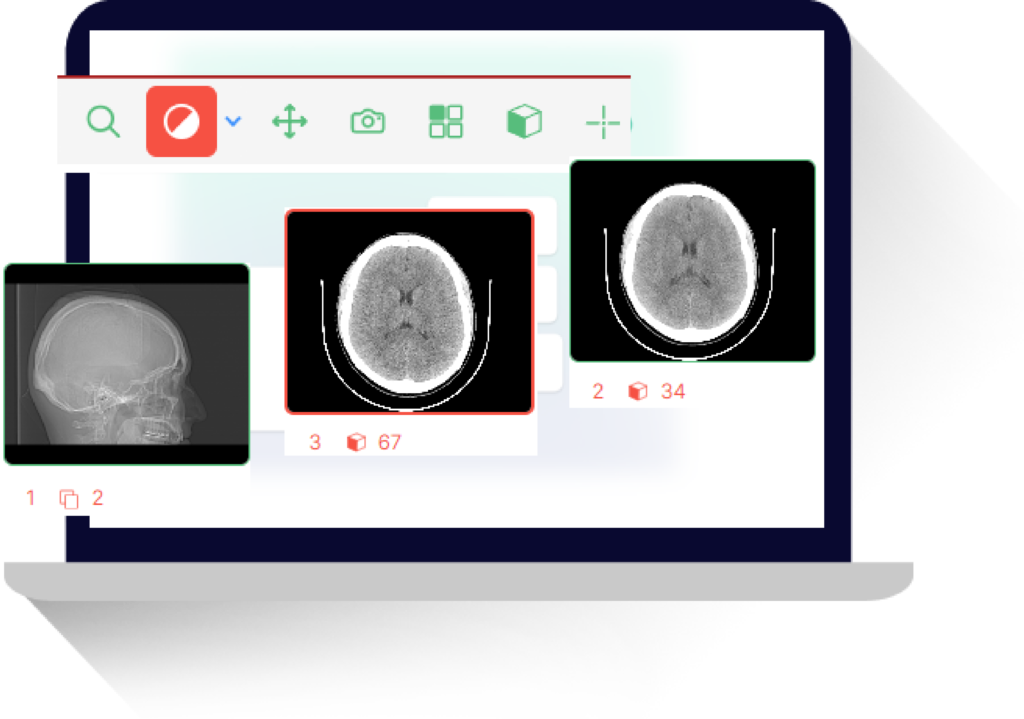Magnetic Resonance Imaging (MRI) is a powerful diagnostic tool that uses magnetic fields and radio waves to produce detailed images of the body’s internal structures. However, the interpretation of these images can be time-consuming and prone to human error. This is where Artificial Intelligence (AI) comes in. By integrating AI into MRI diagnosis, we can revolutionize the way we detect and diagnose medical conditions. In this article, we will explore the potential of AI in MRI diagnosis and its impact on the field of radiology.
AI for MRI

AI algorithms can analyze MRI images and detect abnormalities with a high level of accuracy. This can help radiologists identify potential issues that may have been missed during a manual review. Additionally, AI can assist in the detection of subtle changes in images over time, which can be crucial in monitoring the progression of diseases such as cancer. By using AI, radiologists can save time and improve the accuracy of their diagnoses, leading to better patient outcomes.
AI Integration
One of the key challenges in implementing AI in MRI diagnosis is integrating it into existing systems and workflows. This requires collaboration between AI developers and radiologists to ensure that the technology is seamlessly integrated into the diagnostic process. AI can be integrated into MRI machines themselves, allowing for real-time analysis of images as they are being taken. This can provide immediate feedback to radiologists and potentially reduce the need for follow-up scans.
AI in Radiology
AI is not limited to just MRI diagnosis, but it has the potential to transform the entire field of radiology. By analyzing large amounts of data, AI can assist in the early detection of diseases and help radiologists make more accurate diagnoses. It can also assist in the development of personalized treatment plans for patients based on their unique medical history and imaging data. This can lead to more effective and efficient healthcare for patients.
Advancements in AI Technology
The use of AI in MRI diagnosis is still in its early stages, but advancements in technology are rapidly progressing. AI algorithms are becoming more sophisticated and can now analyze images with a level of detail that was previously not possible. Additionally, the integration of AI with other technologies, such as machine learning and natural language processing, can further enhance its capabilities in MRI diagnosis.
The Future of MRI Diagnosis
The integration of AI in MRI diagnosis has the potential to revolutionize the field of radiology. By improving the accuracy and efficiency of diagnoses, AI can help save lives and improve patient outcomes. As technology continues to advance, we can expect to see even more advancements in AI integration and its impact on MRI diagnosis. It is an exciting time for the field of radiology, and AI is playing a crucial role in its evolution.
In conclusion, AI has the potential to revolutionize MRI diagnosis and transform the field of radiology. By integrating AI into existing systems and workflows, we can improve the accuracy and efficiency of diagnoses, leading to better patient outcomes. As technology continues to advance, we can expect to see even more advancements in AI integration and its impact on MRI diagnosis.
For more detailed information on using HUB Healthcare visit our Help Center.





